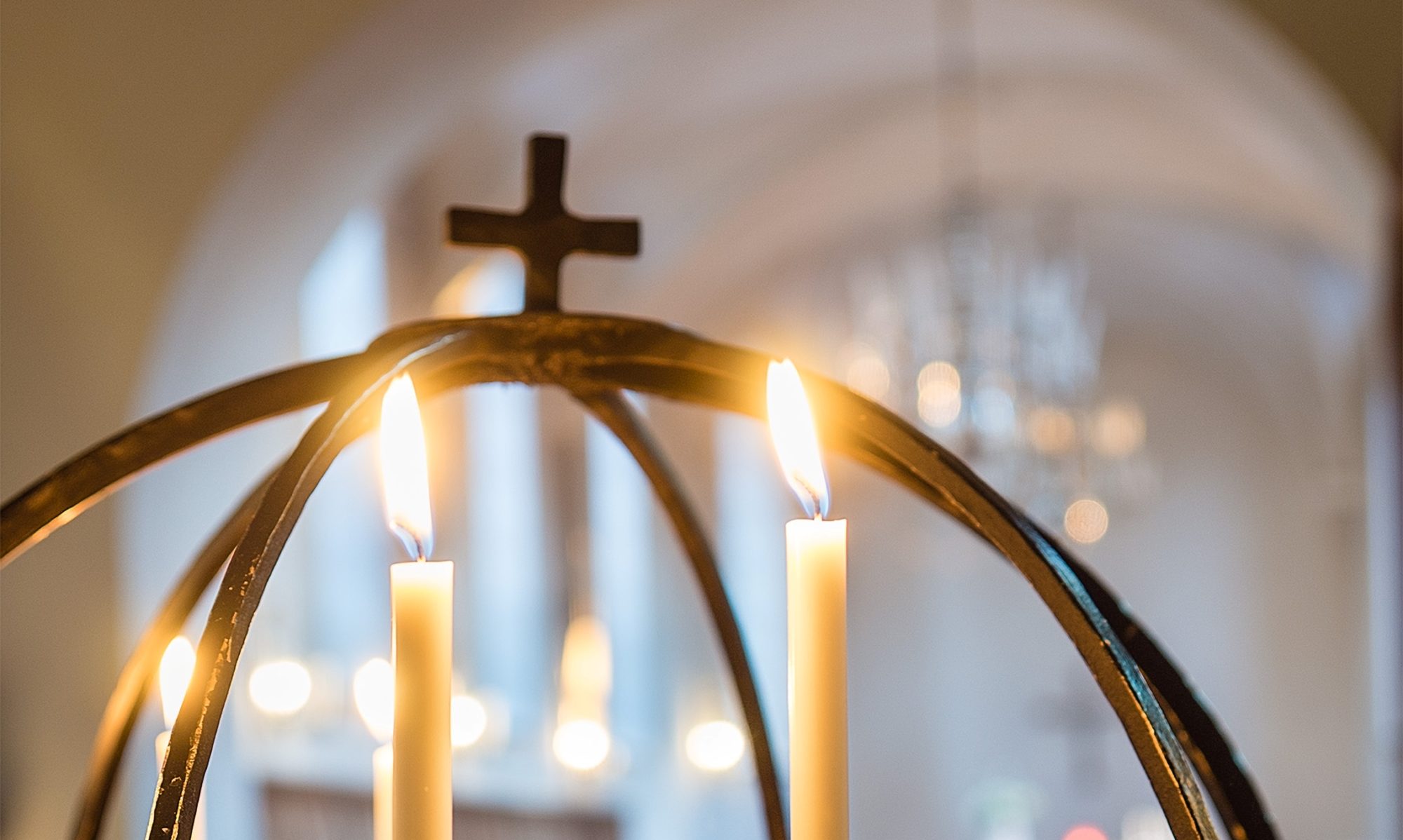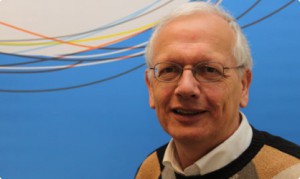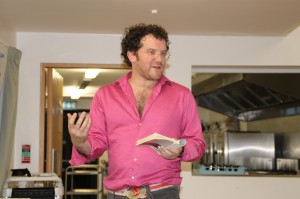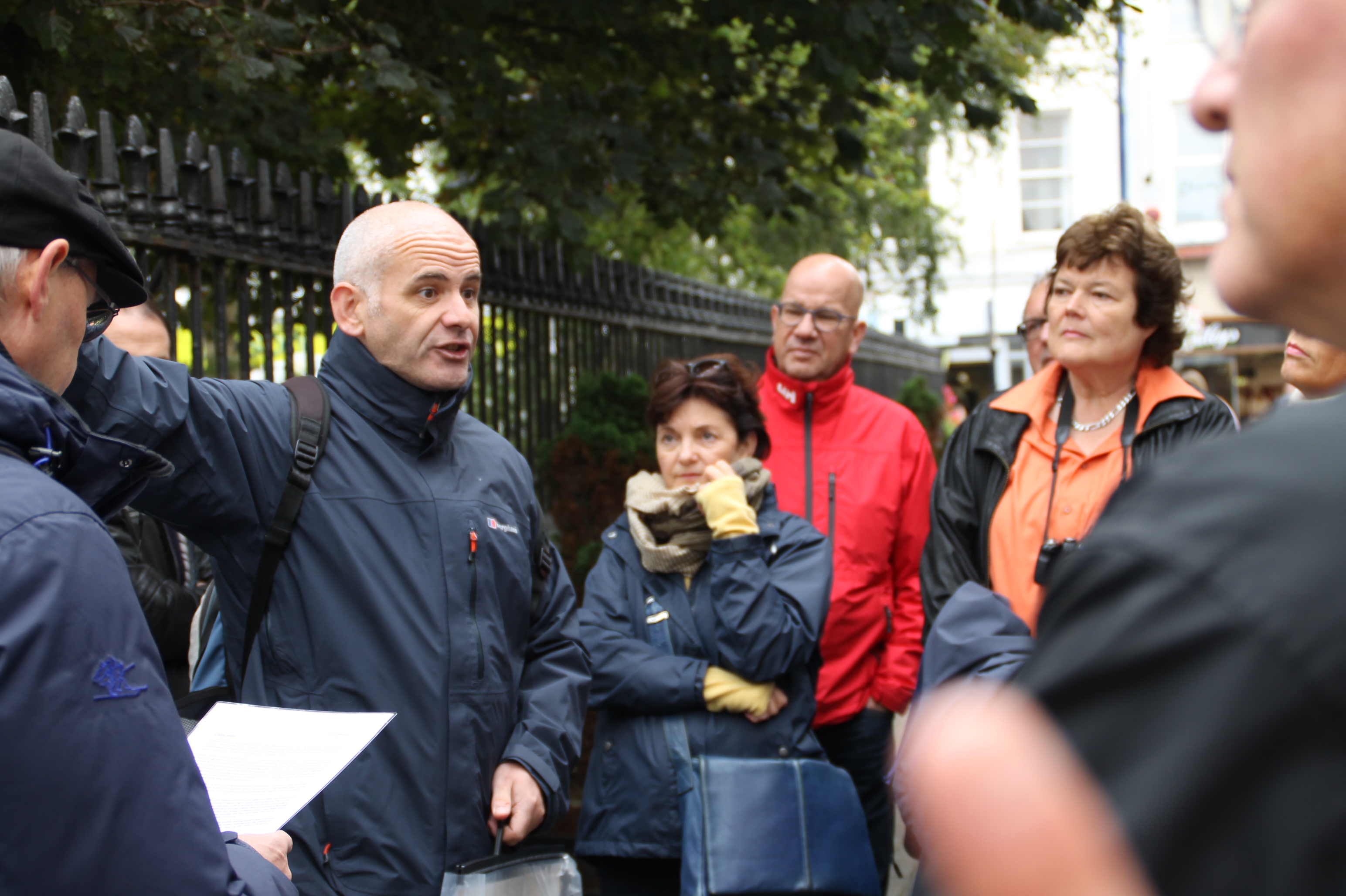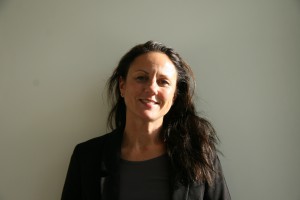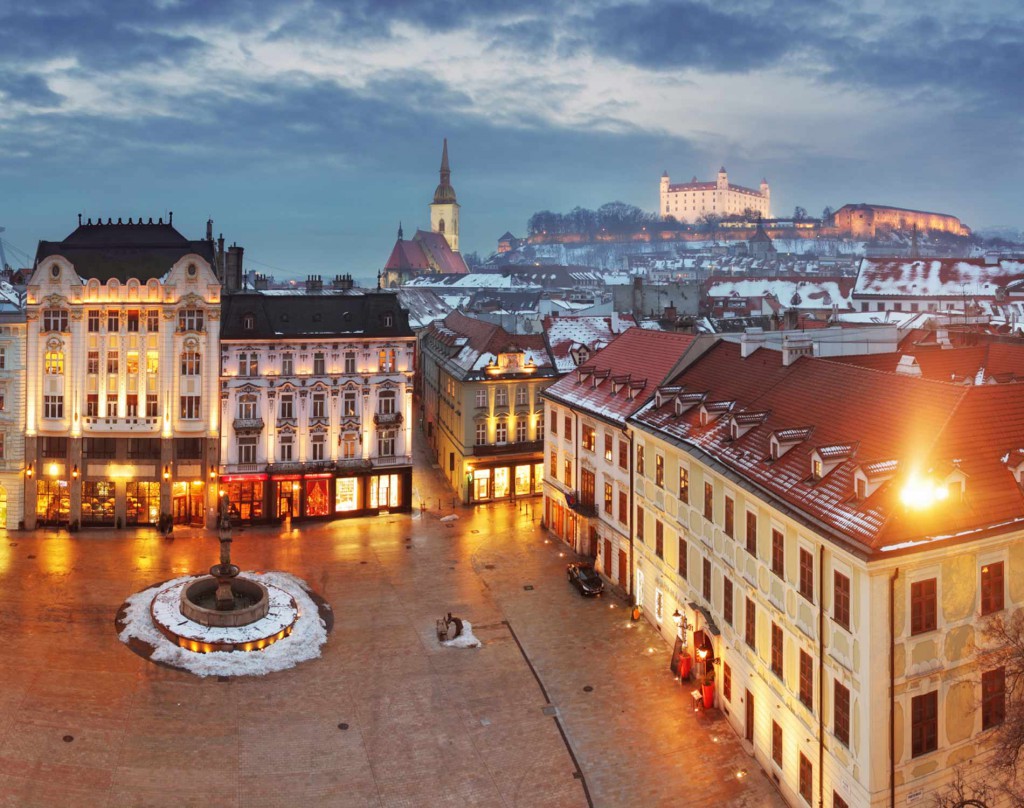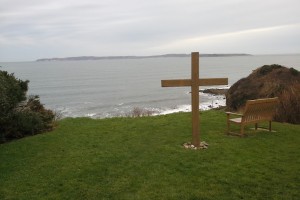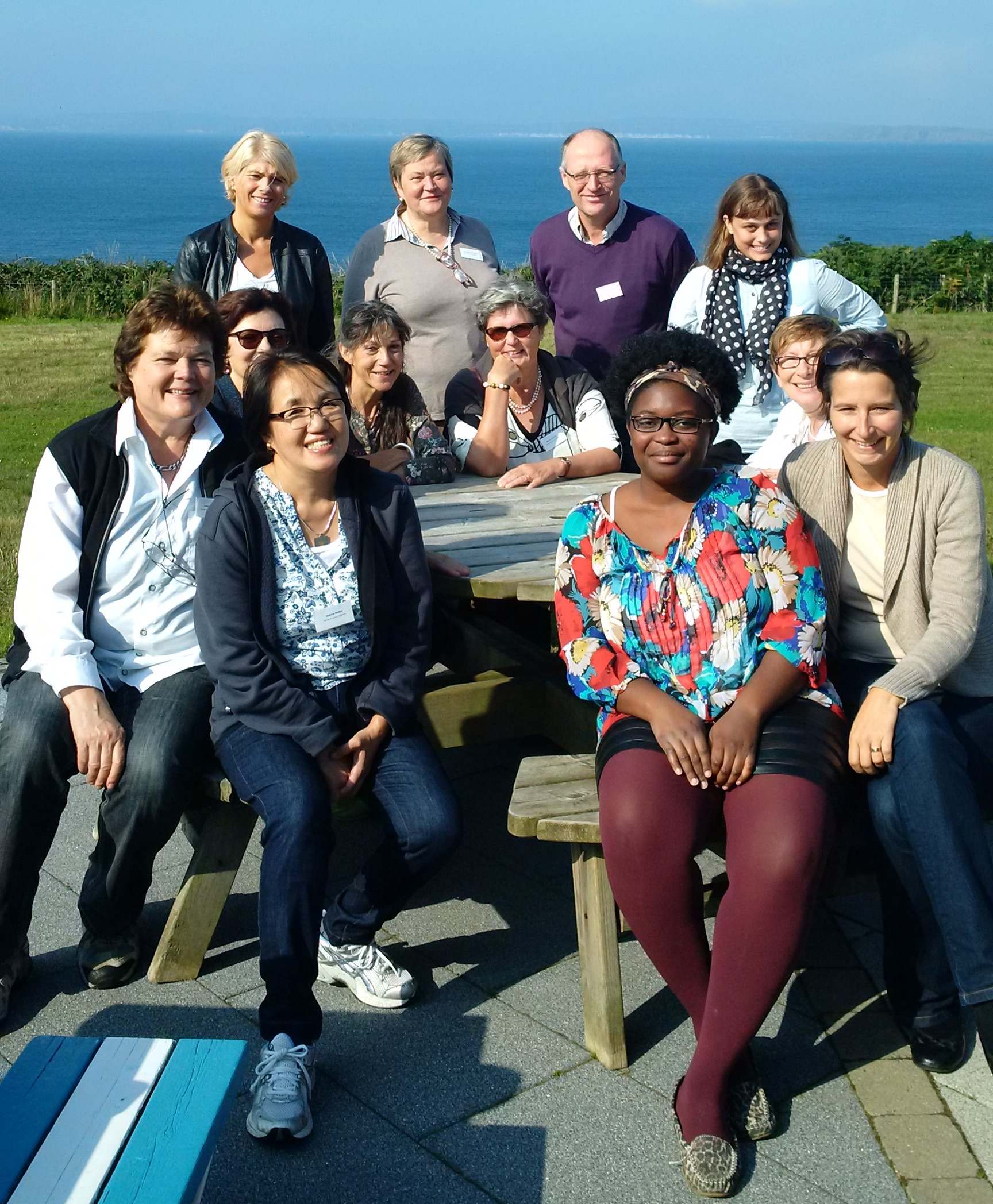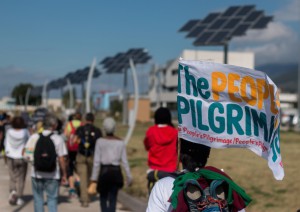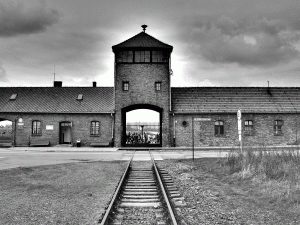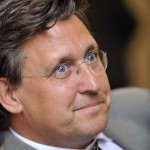Business meetings sometimes have a smell of formality, of required tasks to fulfil. For some parts of any business meeting, also ours, this is true: minutes, quorum, elections. However, for most of our business meeting in Corrymeela this wasn’t the case at all. We had a committed groups of members present. And we had a discussion about the Annual Report with immediate consequence for the work ahead. This was partly caused by a new format of the report: in giving the report proposals were made how to proceed with the subjects at stake. It worked well and it created a productive atmosphere where critical remarks were made as guiding principles for our way forward.
Important was also to honour the past of our Association: Three outstanding members of Oikosnet had to leave their place in our organisation. First it dealt with Kati Zoltani, who has served us as a board member for 6 year, also representing Home of Hope in Brasov, Romania. During 4 years she was our active vice-president, looking for improvements in the way we set up meetings and conferences, both regarding the processes as well as the relations between people. Secondly it dealt with Walter Lüssi, until last year the treasurer, also representing Boldern in Switzerland. He was appointed in a new job, stepped down last year but wasn’t able to greet all of us since he had a car-accident at that time. We thanked him for his dedication and careful support during difficult processes. And he announced that probably some new Swiss members are knocking at our door. Last of all, the retirement of Paul Krieg from Casa Cares in Italy was noticed. He has served Oikosnet Europe in very different capacities for almost 3 decades, like Board member (by that time called Executive Committee), organiser of a Course for Lay Leaders trainers (CLLT) in Cyprus, June 2002, member of the Nominations Committee and member of the Committee of internal auditors. We mentioned their names, we remembered their work and we are grateful for their efforts and contributions over the long years.
To continue on this personal level: we elected Nicola Murray (Corrymeela) as our new treasurer, Nils Ivar Agoy (Norwegian Church Academies) and Günter Renz (Ev. Akademie Bad Boll, Germany) as our new auditors and we were glad to appoint Kristin Gunleiksrud Raaum (Norwegian Church Academies) and Friedrich Kramer (Ev. Akademie Wittenberg, Germany) in the Nominations Committee where they cooperate with Alexei Bodrov from St. Andrew’s, Moscow.
The business ahead for us deals with the improved way to cooperate in common projects – see the annual report – with the new working structure with our secretariat in Sigtuna and with the active participation of as many members as possible. Formal aspects are discussed; the tendency is to agree with the proposal to start a new legal entity of Oikosnet Europe in Sweden and at the same time dissolving the structure in Germany. Decisions have to be made at our next Annual Conference. Since these are major steps, we already now announce the dates for our next Annual Conference, taking place in Prague: Wednesday 7 September till Sunday 11 September 2016. Please fix these dates in your calendar now!
The business meeting finished by sharing the experiences of last year, the plans for the next year and the invitations for cooperation in the coming years through all members which were present in Corrymeela. Impossible to reduce to some lines in a report. Important for the way ahead. With warm thanks to all the staff and volunteers of Corrymeela. One critical remark about their expectation management can be made: the weather was far better all week than announced and expected. We were thankful for that!
